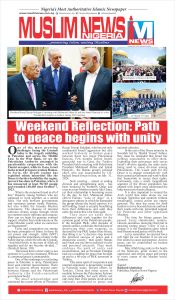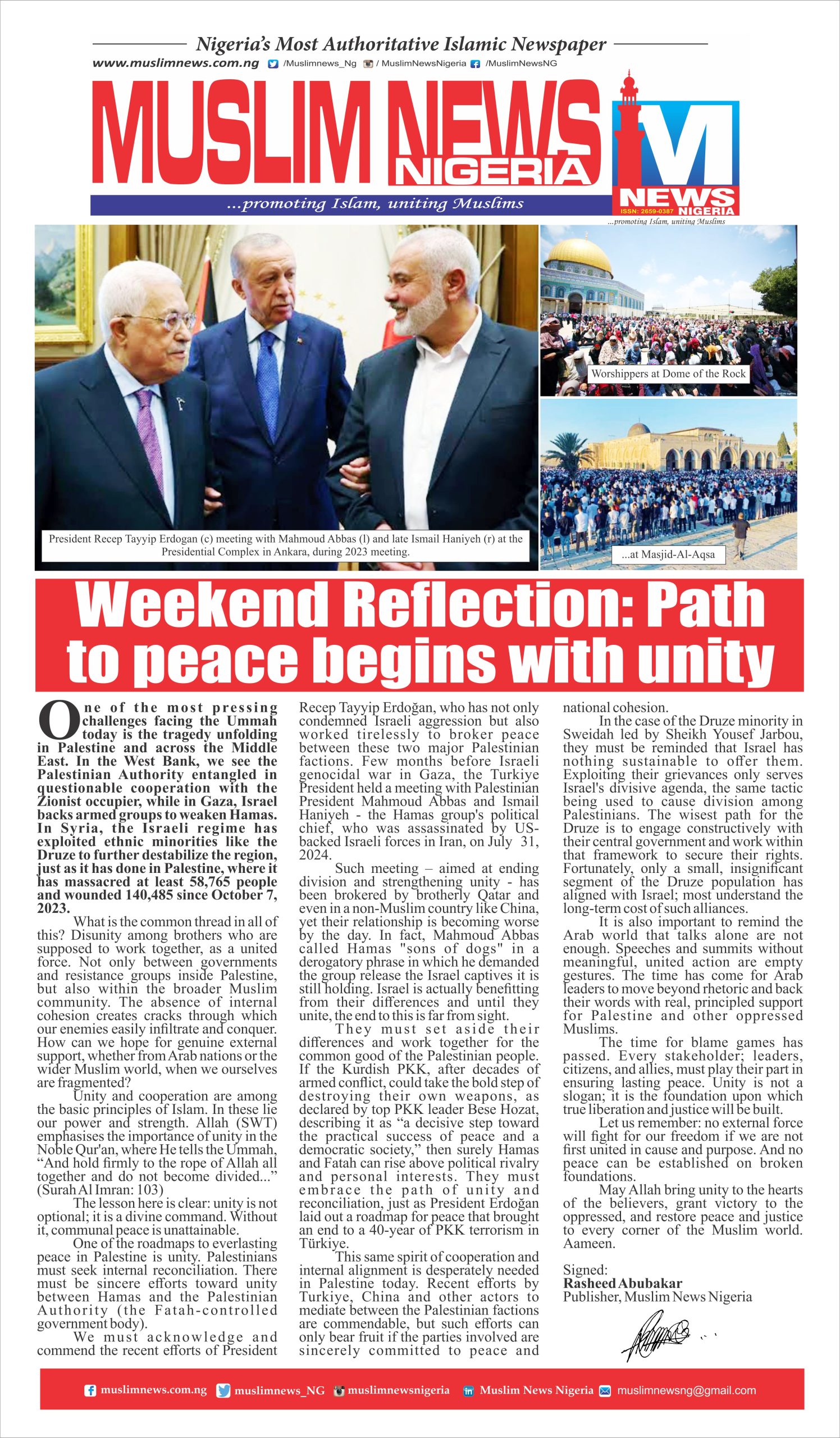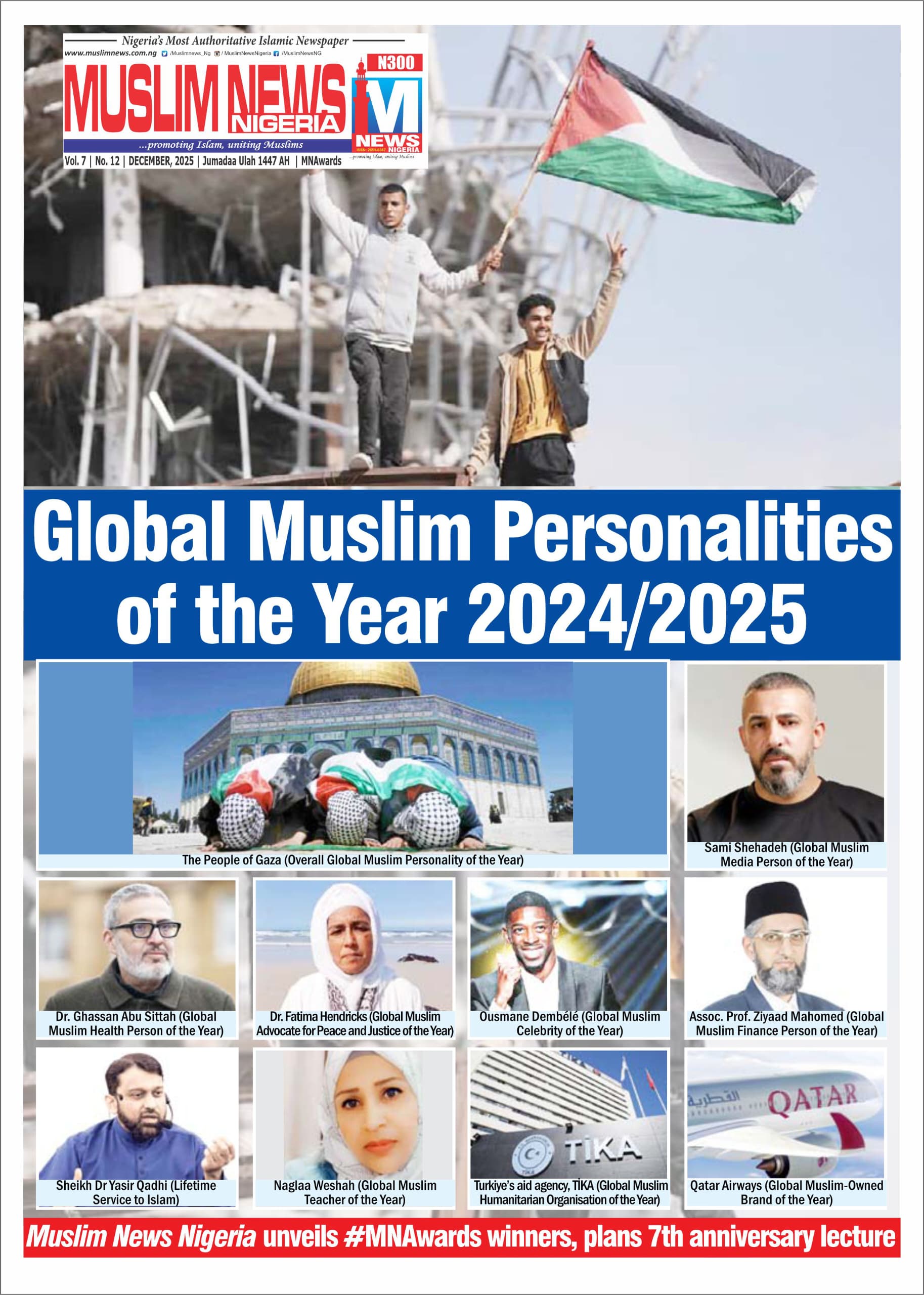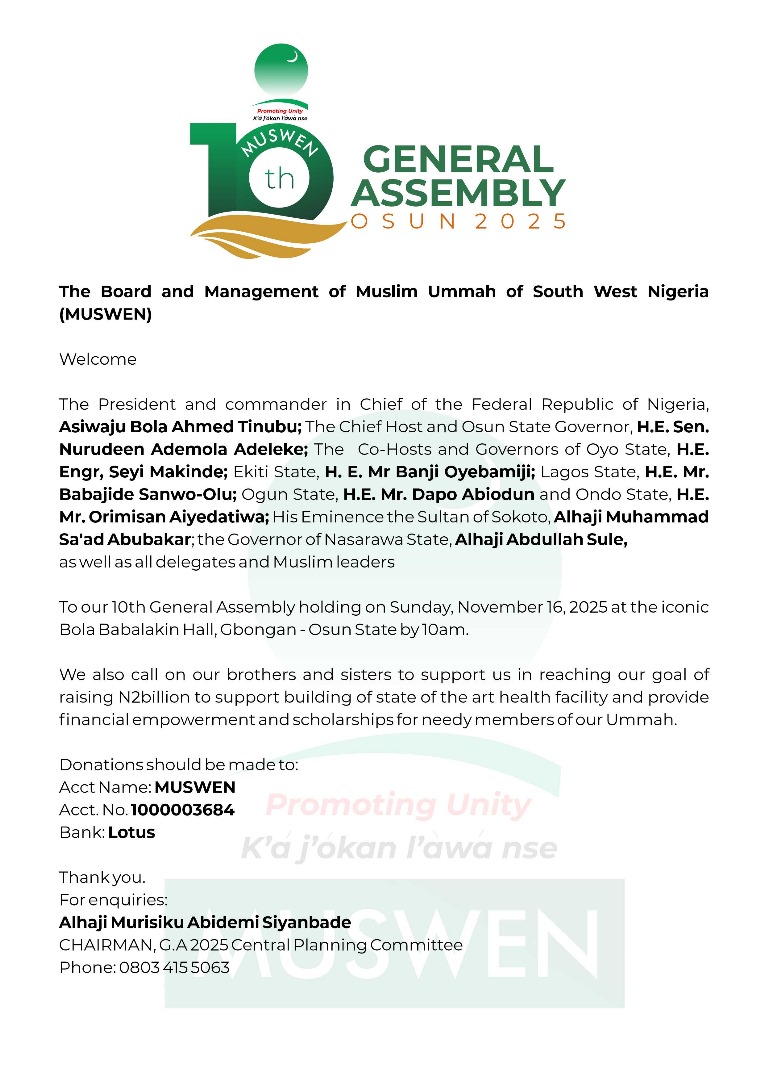One of the most pressing challenges facing the Ummah today is the tragedy unfolding in Palestine and across the Middle East. In the West Bank, we see the Palestinian Authority entangled in questionable cooperation with the Zionist occupier, while in Gaza, Israel backs armed groups to weaken Hamas.
In Syria, the Israeli regime has exploited ethnic minorities like the Druze to further destabilize the region, just as it has done in Palestine, where it has massacred at least 58,765 people and wounded 140,485 since October 7, 2023.
What is the common thread in all of this? Disunity among brothers who are supposed to work together, as a united force. Not only between governments and resistance groups inside Palestine, but also within the broader Muslim community.
The absence of internal cohesion creates cracks through which our enemies easily infiltrate and conquer. How can we hope for genuine external support, whether from Arab nations or the wider Muslim world, when we ourselves are fragmented?
Unity and cooperation are among the basic principles of Islam. In these lie our power and strength. Allah (SWT) emphasises the importance of unity in the Noble Qur’an, where He tells the Ummah, “And hold firmly to the rope of Allah all together and do not become divided…” (Surah Al Imran: 103)
The lesson here is clear: unity is not optional; it is a divine command. Without it, communal peace is unattainable.
One of the roadmaps to everlasting peace in Palestine is unity. Palestinians must seek internal reconciliation. There must be sincere efforts toward unity between Hamas and the Palestinian Authority (the Fatah-controlled government body).

We must acknowledge and commend the recent efforts of President Recep Tayyip Erdoğan, who has not only condemned Israeli aggression but also worked tirelessly to broker peace between these two major Palestinian factions.
Few months before Israeli genocidal war in Gaza, the Turkiye President held a meeting with Palestinian President Mahmoud Abbas and Ismail Haniyeh – the Hamas group’s political chief, who was assassinated by US-backed Israeli forces in Iran, on July 31, 2024.
Such meeting – aimed at ending division and strengthening unity – has been brokered by brotherly Qatar and even in a non-Muslim country like China, yet their relationship is becoming worse by the day. In fact, Mahmoud Abbas called Hamas “sons of dogs” in a derogatory phrase in which he demanded the group release the Israel captives it is still holding. Israel is actually benefitting from their differences and until they unite, the end to this is far from sight.
They must set aside their differences and work together for the common good of the Palestinian people. If the Kurdish PKK, after decades of armed conflict, could take the bold step of destroying their own weapons, as declared by top PKK leader Bese Hozat, describing it as “a decisive step toward the practical success of peace and a democratic society,” then surely Hamas and Fatah can rise above political rivalry and personal interests. They must embrace the path of unity and reconciliation, just as President Erdoğan laid out a roadmap for peace that brought an end to a 40-year of PKK terrorism in Türkiye.
This same spirit of cooperation and internal alignment is desperately needed in Palestine today. Recent efforts by Turkiye, China and other actors to mediate between the Palestinian factions are commendable, but such efforts can only bear fruit if the parties involved are sincerely committed to peace and national cohesion.
In the case of the Druze minority in Sweidah led by Sheikh Yousef Jarbou, they must be reminded that Israel has nothing sustainable to offer them. Exploiting their grievances only serves Israel’s divisive agenda, the same tactic being used to cause division among Palestinians. The wisest path for the Druze is to engage constructively with their central government and work within that framework to secure their rights. Fortunately, only a small, insignificant segment of the Druze population has aligned with Israel; most understand the long-term cost of such alliances.
It is also important to remind the Arab world that talks alone are not enough. Speeches and summits without meaningful, united action are empty gestures. The time has come for Arab leaders to move beyond rhetoric and back their words with real, principled support for Palestine and other oppressed Muslims.
The time for blame games has passed. Every stakeholder; leaders, citizens, and allies, must play their part in ensuring lasting peace. Unity is not a slogan; it is the foundation upon which true liberation and justice will be built.
Let us remember: no external force will fight for our freedom if we are not first united in cause and purpose. And no peace can be established on broken foundations.
May Allah bring unity to the hearts of the believers, grant victory to the oppressed, and restore peace and justice to every corner of the Muslim world. Aameen.
Signed:
* Rasheed Abubakar
Publisher, Muslim News Nigeria







